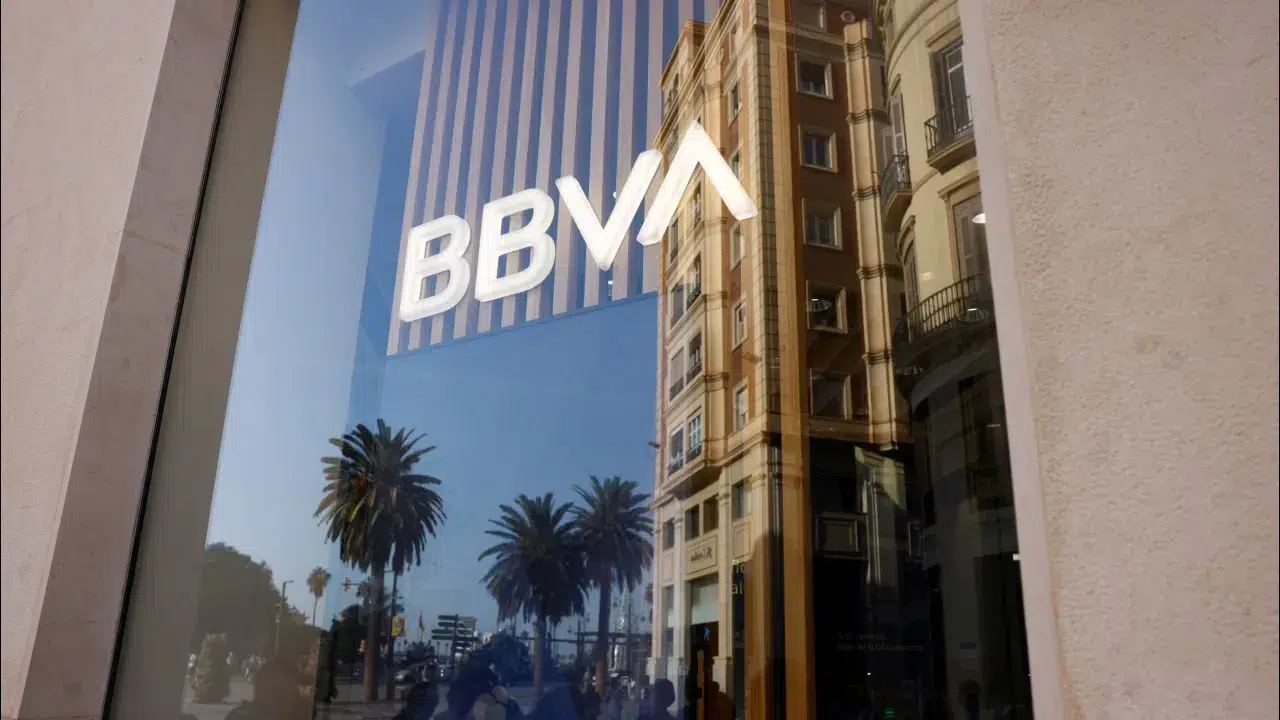
On June 24, the Spanish government approved BBVA’s acquisition bid for Sabadell, imposing a condition that both banks must remain separate entities in terms of legal personality, assets, and management for at least three years.
The Spanish government cited the “general interest” as the reason for this condition, aimed at supporting business growth, protecting workers and customers, and ensuring territorial cohesion, among other factors.
Since the launch of the takeover bid, BBVA has maintained that only the National Commission for Markets and Competition (the regulator) has the authority to impose conditions. Despite extensive scrutiny of this particular transaction and legal provisions allowing government involvement, BBVA interprets that the government’s role should be limited to approval or reducing requirements.
In contrast, both Banco Sabadell and the government believe that the law allows for strengthening commitments made between BBVA and the CNMC or imposing additional conditions.
In response, the Spanish government has launched an unprecedented public consultation to gather opinions from third parties.
The president of the CNMC, Cani Fernández, has remarked that competition law offers little clarity on whether the government can impose new commitments based on public interest.
Legal sources indicate that the disparity in criteria and the government’s imposition of a non-merger condition for three years provide BBVA with grounds to challenge the government’s decision.
One argument BBVA might use is that the CNMC unanimously approved the merger.
Moreover, the European Commission has initiated an infringement procedure against Spain due to the legislation allowing the government to condition the banks’ merger.
According to law firm Navas & Cusí, specializing in financial and European law, the concept of general interest is “excessively broad and undefined,” and vetoing a corporate banking transaction would violate Article 63 of the Treaty on the Functioning of the EU, related to the free movement of capital.
Attorney Juan Ignacio Navas considers the veto a “political interference that Brussels — rightly — views with suspicion,” and recalls that the European Court of Justice has repeatedly stated that public vetoes are unacceptable if a transaction is commercially reasonable and justified.
Other jurists concur that BBVA has more grounds to appeal to the Supreme Court against public intervention in the transaction after Brussels opened proceedings against Spain.
The Basque bank BBVA launched the acquisition bid for the Catalan Sabadell in mid-2024.
The hostile bid was authorized by the Spanish regulator at the end of April, but the Spanish government could still invoke “general interest” principles and intervene in the process, imposing further conditions on the deal, which occurred last June.
This marks the first time the Spanish government has taken such action in response to a takeover bid.
The operation has sparked economic and political debate in Spain and has been criticized by around 70 business associations (mostly Catalan) and unions.
If successful, the merger of the two banks would create an entity with nearly one trillion euros in assets, employing 135,462 workers worldwide (including 19,213 from Sabadell) and a network of over 7,000 branches. It would rank among the leading European banks, surpassing CaixaBank (owner of BPI) in assets, positioning it as the second-largest bank in Spain by assets.




